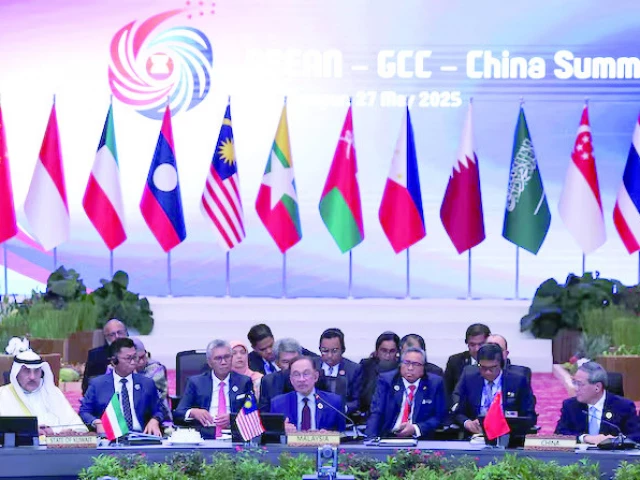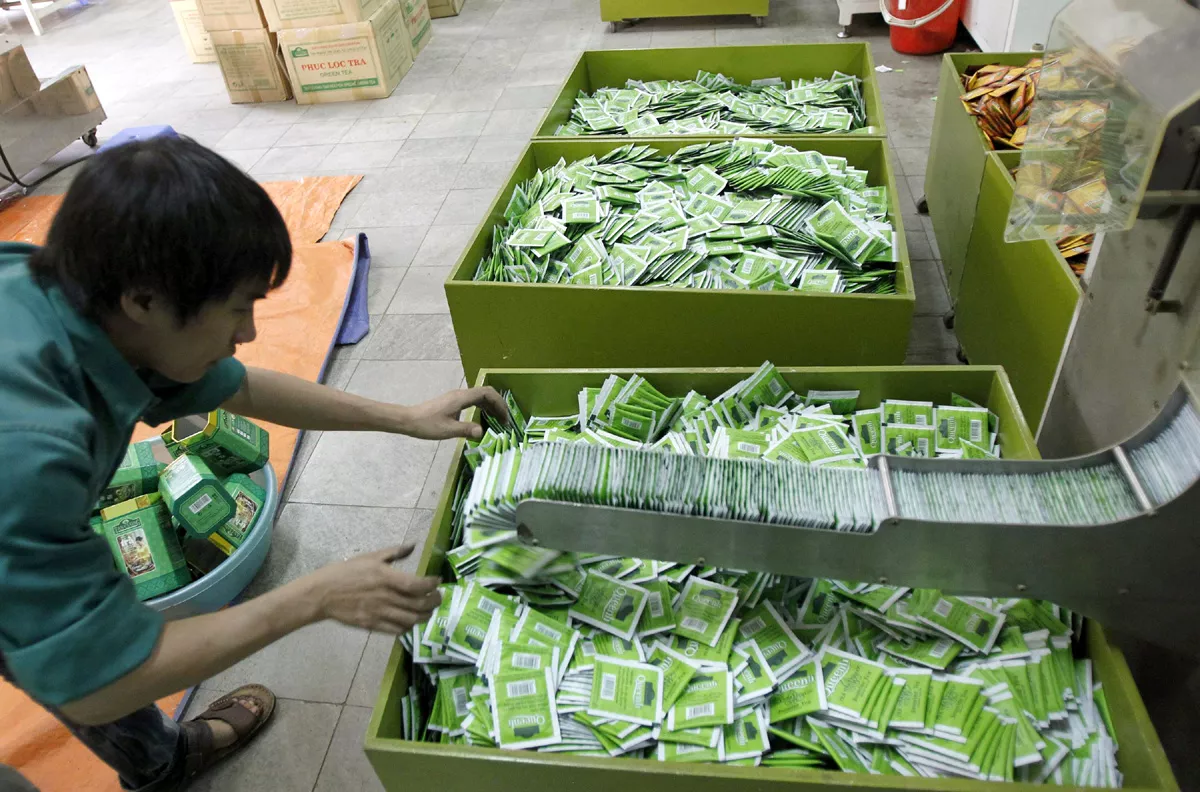Pakistan–ASEAN trade reaches $11.5bn but deficit widens in 2025
Indonesia, Malaysia, Philippines drive fastest import growth as Islamabad pushes for FTAs to rebalance trade

Pakistan's trade volume with the Association of Southeast Asian Nations (ASEAN) stood at $11.5 billion in 2024, a figure officials say remains below potential and requires rationalisation. Despite steady engagement, the trade deficit in 2025 continues to widen in favour of ASEAN members.
Pakistan's exports to ASEAN were approximately $3.5 billion in 2024, while imports reached about $8 billion. Most of this trade is concentrated in five key ASEAN economies: Indonesia, Malaysia, Thailand, Vietnam and the Philippines.
Islamabad is pursuing multiple trade frameworks to strengthen these ties. These include a Free Trade Agreement (FTA) with Malaysia, a Preferential Trade Agreement (PTA) with Indonesia, and ongoing negotiations for an FTA with Thailand and a PTA with Vietnam. The government is also pushing for technology transfer, value addition and greater ASEAN investment in Special Economic Zones under CPEC to reduce the imbalance.
Officials emphasise Pakistan's strategic position as a bridge linking ASEAN to Central Asia, the Middle East, Western China and the Indian Ocean, with policy and infrastructure upgrades aimed at making Pakistan a competitive production base for ASEAN companies.
Pakistan's exports to ASEAN in 2025 largely comprise textiles, such as non-knit men's and women's suits and knit sweaters, along with rice, seafood, house linens, leather goods, cotton and other agricultural items, including pulses and tree nuts. Textiles account for roughly 68% of exports, reflecting both concentration and market demand.
Indonesia, Malaysia and the Philippines recorded the fastest growth in imports from Pakistan in 2025. Malaysia's demand for textiles, rice and leather goods increased under the FTA, while Indonesia continued implementing the PTA signed in 2012. The Philippines also posted significant growth, particularly in textiles and agricultural imports. Thailand and Vietnam showed notable but slower import increases.
The broader rise in trade is driven by bilateral agreements, Pakistan's diversification efforts and improvements in connectivity and value-added production in sectors such as information technology, textiles and food products.
FPCCI President Atif Ikram said ASEAN economies offer vast potential for engaging Pakistan's 250-million-strong market.





















COMMENTS
Comments are moderated and generally will be posted if they are on-topic and not abusive.
For more information, please see our Comments FAQ